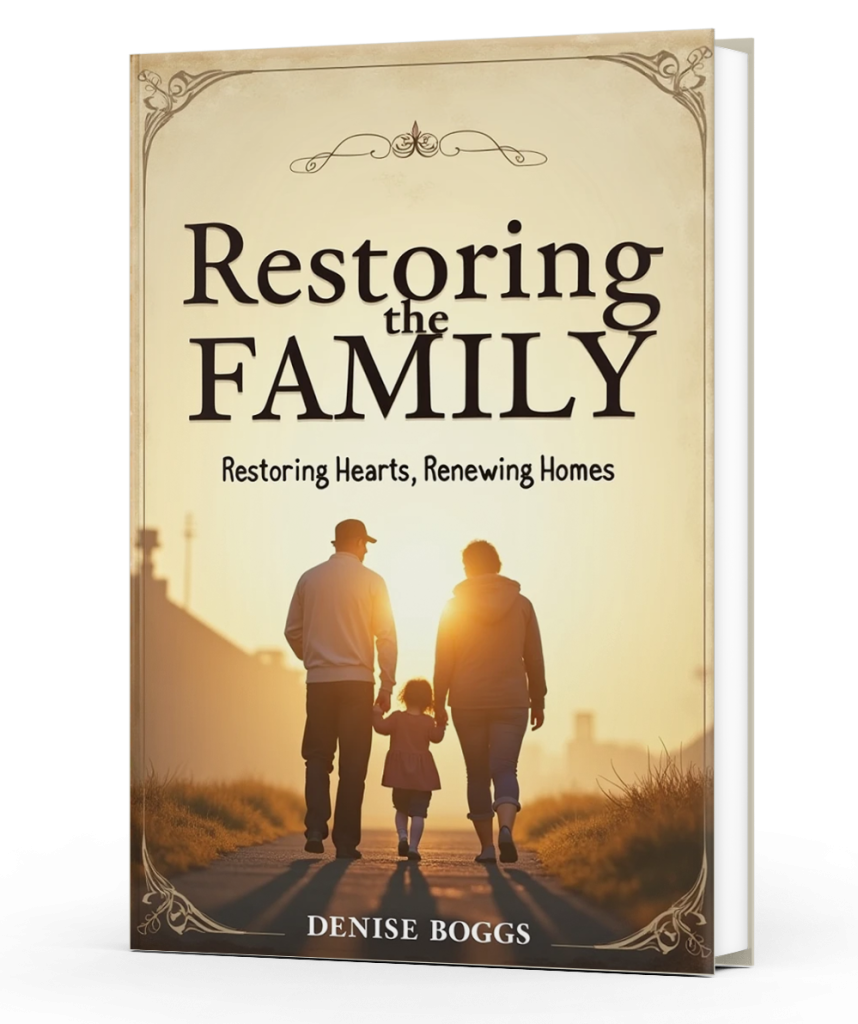Emergency preparedness is an important part of taking care of your family. In addition to preparing for a possible natural or man-made disaster, by taking care of water and food storage, and having a first aid kit, you should also take steps to ensure that your finances will not be overtly affected by a wide scale situation, and that you will have enough funds on hand that will allow you to be mobile if needed. There are many different things that can be done to make you sleep easier at night, but the following are a few basic steps that should not be overlooked.
A big part of emergency preparedness is having cash available. This doesn’t mean funds in a savings account, money that in a normal situation would be easy to withdraw; it means actual cash that is hidden somewhere in your home that you can access if there is an emergency situation. If the power goes out throughout a large urban area, and for a long period of time, then credit card transactions and direct debit from your account may not be possible. If that is the case, then your foresight to have emergency cash on hand will serve you well, as it will probably be the only form of payment accepted.
After the situation has been resolved, then the next step is fixing the problems and confusion that occurred. Your emergency preparation should have involved making backup copies of all relevant data related to your finances. On an external drive, you should regularly backup any recent transactions made online, and your credit card information. The idea here is that even if there is a massive power surge that fries your computer, followed by a power failure, once things have been restored to normal you should be able to hook your external drive to an unaffected computer and recover all your data.
Another important step to being prepared for an emergency is having financial records and important contact numbers and names of people in a safe place. In fact, this information should ideally be stored in more than one place, in the event that the first location is compromised. Safe locations could involve an external hard drive, a safety deposit box, a home safe, or some other hidden location. Once the situation has been resolved, these records can be accessed and used to make a quick transition back to normal, and they can often suffice as evidence in case the original data has been lost or damaged.
It is hard to anticipate every eventuality, but one major part of emergency preparedness will always involve money. Make sure you have cash available for buying things even when there is no power, and make sure that you have a backup of financial records stored somewhere safe. It is not just the crisis that you need to prepare for. You need to make sure that when it is over that you and your family will be able to successfully survive the aftermath.





